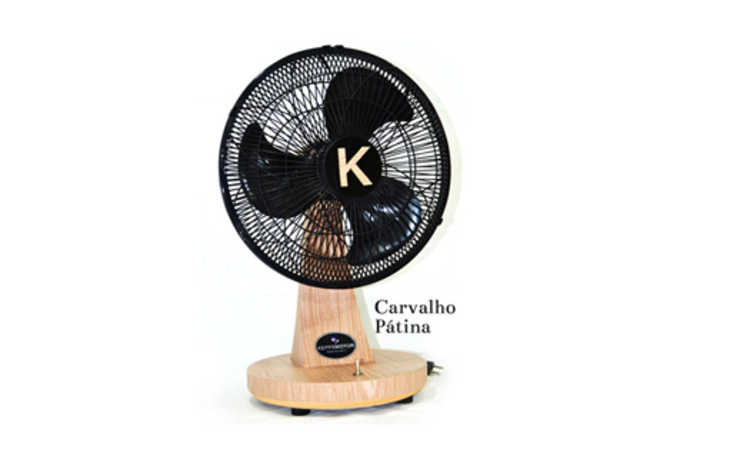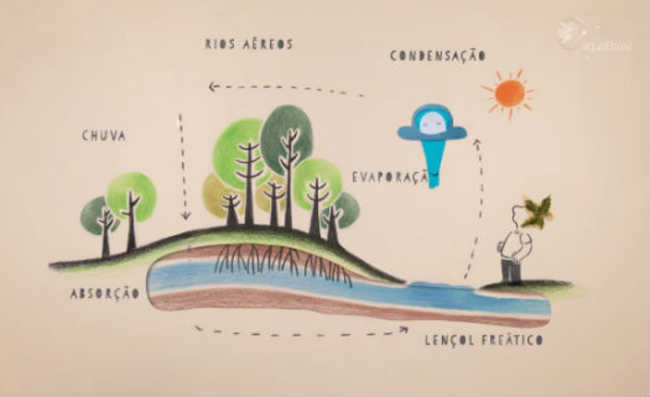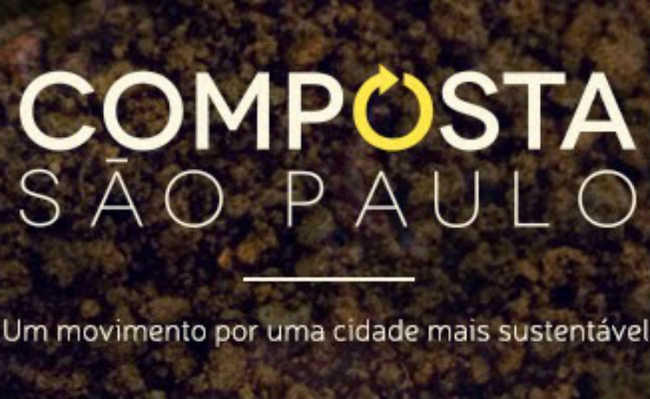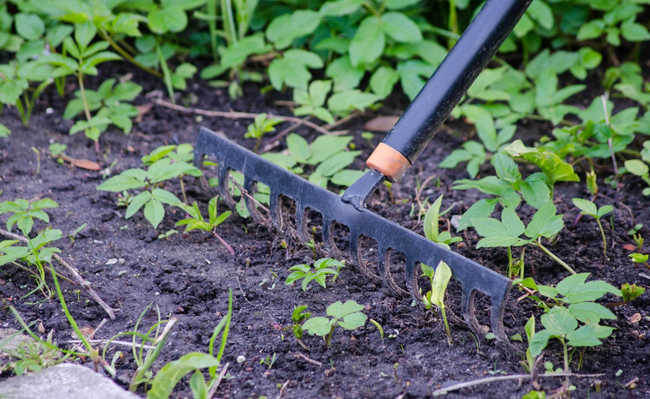Check out seven sustainable attitudes to adopt in 2019
Changes in eating habits are one of the most significant individual ways of having a sustainable attitude, according to FAO

Edited and resized image by Mert Guller, is available on Unsplash
The Food and Agriculture Organization of the United Nations (FAO) has put together five actions you can take to combat global warming and, as a result, be more sustainable. Among the recommendations, there is the reduction of meat consumption and the purchase of food from local producers. But how the eCycle portal could not be left out of this, we separated two more sustainable attitudes for you to join this year and keep your conscience in peace. Check out:
Extreme weather variations and phenomena are one of the main causes of the increase in hunger in the world, according to the Food and Agriculture Organization of the United Nations (FAO). As the world population grows, food production faces the challenge of feeding more people amidst unpredictable environmental conditions.
But it is possible to combat climate change and ensure that everyone has a healthy diet, including through small routine actions. Check out the five FAO tips and join the fight against global warming:
1. Have a more sustainable and diversified diet

Menu with less meat is more sustainable, according to FAO. Photo: PEXELS (CC)/Ella Olsson
Once a week, try eating a 100% vegetarian meal (containing pulses such as lentils, beans, peas and chickpeas) in place of a meat-based meal. More natural resources are needed to produce meat, especially water. Millions of acres of tropical rainforest are also felled and burned to turn land into grazing land for livestock.
By diversifying your diet, you can discover “ancestral” cereals, such as quinoa. There are, for example, more than 200 varieties of quinoa, adapted to different types of climate.
This recommendation is even made by renowned researchers from the Lancet. Understand the theme better in the articles: "Veganism is the most effective way to save the planet, say scientific leaders", "The dangers and cruelty of animal confinement" and "Intensive animal husbandry for meat consumption has impacts on the environment and on consumer health".
2. Reduce food waste

Food waste worries FAO and the Brazilian government. Photo: EBC
Every year, a third of the food produced is wasted. This also means that the resources — such as water, labor, transport — used in production are wasted. When you go to the market, buy only what you need, making a list and establishing recipes and menus in advance to avoid impulsive purchases.
Remember that it is also possible to use leftovers and leftovers, which can be easily thrown away, but can also serve as ingredients for other recipes or be frozen for future consumption.
Buy “ugly” fruits and vegetables, which are often wasted because they don't look perfect. Don't be fooled: they taste the same.
Check out some articles that can help you with this topic: "18 tips to avoid food waste" and "Food waste: causes and economic and environmental damage".
3. Use less water

Brushing your teeth with the faucet closed avoids wasting water. Photo: PEXELS (CC)/Moose Photos
Water is the fundamental element of life and, without it, it is not possible to produce food. Farmers need to learn to use less water to grow their crops. But you can also protect the planet's water resources by reducing food waste. When you throw away your food, you waste the water needed for its production, especially if it is of animal origin. Did you know that it takes 50 liters of water to produce an orange, 7.5 thousand liters to produce a pair of leather shoes and 1.8 thousand liters to produce a pair of jeans? Reducing consumption generally helps to save water.
Check out some articles that can help you: "Water uses: types and factors that influence demand".
4. Conserve soil and water
Some household waste is potentially hazardous and should never be thrown away in a common dump. These are items such as batteries, inks, cell phones, medicines, chemicals, fertilizers, cartridges. They can infiltrate the soil and end up in water supplies, contaminating natural resources that make food production possible. Send your hazardous waste to collection points.
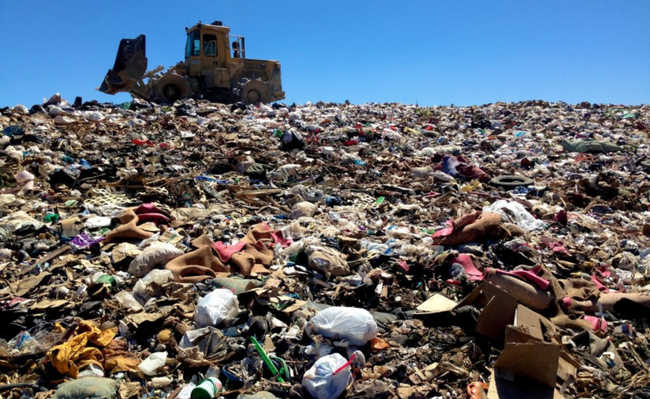
Landfill in Payson, Arizona, United States. Photo: Flickr (CC)/Alan Levine
Not to mention plastic — it is estimated that a third of the plastic produced in the world is in the ground and that, by 2050, the oceans will have more plastic than fish. Reduce the use of plastic to keep floors clean. Check out some articles that can help you: "Garbage separation: how to properly separate garbage", "How to reduce plastic waste in the world? Check essential tips" and "Understand the environmental impact of plastic waste on the food chain".
5. Support local producers

Cambodian Thoeun harvests maize on her farm in Kampong Cham, Cambodia. Photo: World Bank/Chhor Sokunthea
Farmers are the hardest hit by climate change. More than ever, they need support. By buying local products, you help family farmers and small businesses where you live. You also contribute to the fight against pollution by reducing the freight distances traveled by trucks and other vehicles. There is even a name for those who are adept in this practice, they are called locávores. Understand the theme better in the article: "Do you know who the locávores are?". Food security and climate change are linked. The choices made today are vital to a safer food future.
6. In addition to avoiding wasting water, practice reuse!

The problems of water scarcity are faced by countries all over the world as a result of the disorderly development of cities, pollution of water resources, population and industrial growth, among others. These factors generate an increase in demand for water, causing the depletion of this resource. Two options to avoid overspending this very valuable resource are reuse water and the use of rainwater. Understand these two concepts and find out how to put them into practice in the article: "Water reuse and use of rainwater: what are the differences?".
7. Recycle your organic waste at home!
Composting is the biological process of valuing organic matter, whether urban, domestic, industrial, agricultural or forestry, and can be considered as a type of recycling of organic waste. It is a natural process in which microorganisms, such as fungi and bacteria, are responsible for the degradation of organic matter, transforming it into humus, a material that is very rich in nutrients and fertile. This recycling process reduces the emission of greenhouse gases that would be emitted with the decomposition of waste, in addition to reducing the generation of waste itself (which is transformed into humus). Learn more about this process in the article: "What is composting and how to do it".





